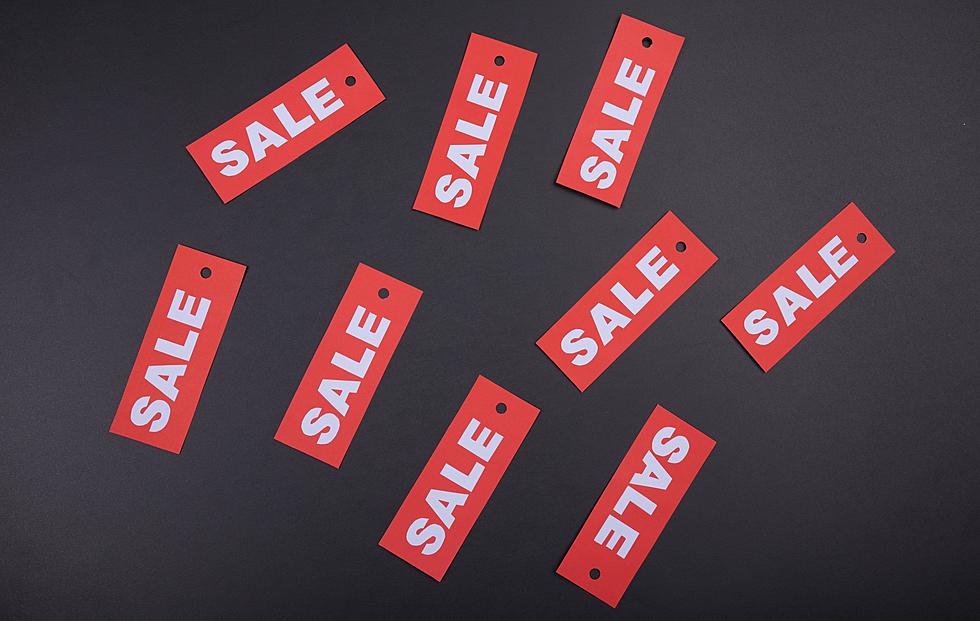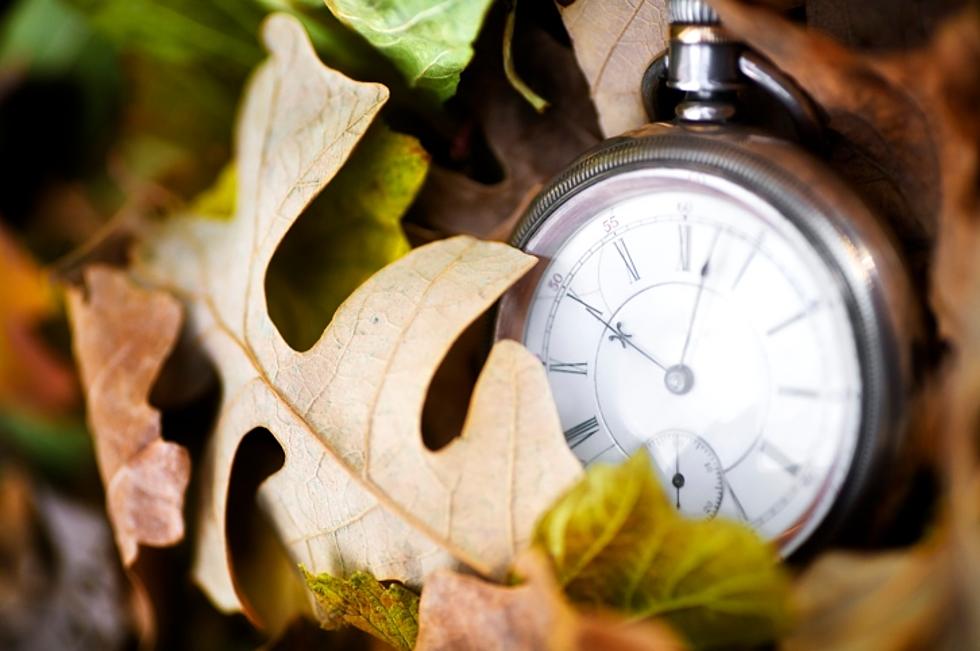
Costco vs. Target vs. Walmart – Where Do You Shop?
I don't know about you, but I find it really hard to figure out where to buy what to save the most money. Walmart, Costco or Target - where do you shop and why?
You head to Costco to stock up on staples -- say, paper towels and cleaning supplies -- but you walk out with three salmon filets, a tub of cream puffs, and a ream of printer paper. Why?
Most of us are notoriously poor at assessing a true bargain, says C.W. Park, professor of marketing at the Marshall School of Business at the University of Southern California, and editor of The Journal of Consumer Psychology. Seduced by the prospect of saving money, we give in to impulse buys. Eventually, we regret the purchase or throw much of a past-its-prime product away. It's called the Costco Effect, and it's actually part of the store's incredibly successful retail strategy. But the effect on your wallet is that you spent more than you would have if you'd never seen that "bargain."
Here are four product categories where you're better off going somewhere other than Costco. (Keep reading for another four where Costco has some surprisingly good deals.)
1. Designer Clothes
You might score the occasional pair of Lucky jeans or a Speedo swimsuit, but designer duds aren't exactly Job 1 at Costco. Even if you do see an item from a top-tier name brand, you can't assume it's the same quality as the similar-looking product at a department store. "Just because it's a national brand name, an item of clothing doesn't have to meet the standards you'll see in other stores," says Marshal Cohen, chief retail analyst at the NPD Group, a market research firm.
Kathryn Finney, founder of The Budget Fashionista, says it's no secret that most name designers make cheaper lines just for warehouse clubs or outlet stores. The tip-off, says Finney, will be in the packaging and/or label on the garment. Labels on the sub-brands are just glued on, and are usually stiff and crunchy, while labels on high-end goods are softer or silky, and stitched all around.
2. Imported Shrimp
Most shrimp sold in the U.S. is imported from countries in Latin America and Southeast Asia, where environmental regulations are often lax or not enforced, according to the Environmental Defense Fund, (EDF), an education and advocacy non-profit. The EDF classifies shrimp imported from these regions as "eco-worst" for the environmentally destructive ways in which they are often farmed. Greenpeace took aim at Costco's seafood sustainability practices last June with an aggressive campaign called Oh No Costco. While Costco seafood buyer Bill Mardon says his company has entered into a partnership with the World Wildlife Fund to set global standards for shrimp farming, the specific objectives are still being discussed.
"Costco gets credit for starting down the road," says Tim Fitzgerald, senior policy analyst for oceans at of the EDF, "but they are still very early on." In the meantime, you're better off buying shrimp at Trader Joe's, which is much further along on the same path. After Greenpeace launched its Traitor Joe campaign in early 2009, Trader Joe's pledged to remove all non-sustainable seafood from its stores by the end of 2012, and it's already taken concrete steps in that direction.
3. Sheets and Towels
"Target and Wal-Mart have this market cornered and they do a great job," says Budget Fashionista's Finney. Costco, by contrast, rarely stocks more than a handful of top-selling colors in sheets and towels. "If you want 20 colors, this isn't the place," admits Jim Klauer, Costco merchandise manager for bedding and the home.
4. 12-Pound Crates of Navel Oranges
Sure, it only costs $11.99, but it's not such a good deal if you end up throwing away half the fruit. Same goes for the package of six hearts of romaine lettuce, and the 3-pack of whipped heavy cream (240 servings) unless you're, say, hosting a sleepover for your child's entire soccer team. And their opponents. Teri Gault, founder of TheGroceryGame.com, which helps shoppers save on food, says that when it comes to produce, it's often more cost-effective to shop at your local supermarket and combine coupons with seasonal specials. Also avoid Costco's candy aisle -- do you really need a 5 pound bucket of licorice twists?
4 Things You Should Buy at Costco
Costco was cool even before the Great Recession. Targeting business owners and other affluent customers, the members-only warehouse shop avoided the Walmart stigma and sold a mix of high-end electronics, basic foodstuffs, and household necessities, plus an eclectic mix of humidifiers, bestselling books, and vintage Champagne. Now that frugal is fashionable, however, Costco seems like the perfect store for the times. The blogosphere, no surprise, offers up sites for Costco fanatics and Costco cooks. CEO and founder Jim Sinegal is renowned for the low salary he awards himself and the relatively high pay he shells out for employees. Even A-listers are getting in on the action: Jessica Alba, Megan Fox, and Zac Efron have been spotted loading up their cars with 30-packs of toilet paper and flat-screen TVs.
So should you follow the crowd? Yes, but only for certain items. If you've got the storage space, it's tough to beat Costco for staples such as paper towels, diapers, and shaving cream. But as good as the price-per-ounce may be, you just don't need that much mayonnaise. Below, we've listed four surprising items that you should pick up at the warehouse.
1. Chocolate Truffles
They're real and they're spectacular: Costco sells authentic French chocolate truffles from Chocmod, a high-end French confectionery company. Complete with a dusting of cocoa, these truffles come but once a year and they are in stores now (and only in stores -- you won't find them online). They cost $10.89 for two two-pound boxes, compared with $29 on Amazon. That's 240 truffles, but who's counting? After your dinner party, put what's left in nice boxes and give them to colleagues at the office as a holiday gift.
2. Eyeglasses
One-stop shopping at low prices has endeared Costco Optical to tens of thousands of vision-challenged shoppers. For $49, a licensed optician will perform a vision and eye health exam in an in-store exam room. A week later, you can pick up your specs. In a survey released this month by Consumer Reports, 30,000 lens-wearers chose Costco as their favorite optical retailer over vision store chains, independent optical shops, and private doctors' offices. Costco Optical earned the highest scores for overall satisfaction as well as for price, with its $157 median price for glasses. Compare that price with an average of $211 at independent optical shops, $212 at private eye doctors' offices, and $228 at Pearle Vision. Costco also stood out for lack of problems, such as loose lenses, distorted vision, or damaged frames in the first weeks after purchase.
3. Laptops
Costco's prices on notebook PCs are already a good deal, but there's a further benefit to buying one at Costco: A two-year warranty policy (most manufacturers provide just one year), a 90-day return policy, and Costco Concierge Services, which is free to members and gives buyers access to technicians for set-up questions, product use, and trouble-shooting. Model numbers and configurations are often unique to Costco, but a perusal of specs will let you compare it to similar models sold elsewhere. Among current laptops on sale at Costco, PC Magazine Online gives high marks to the 14-inch HP Pavilion dm4-1173cl ($800 list price at Costco vs. $849 elsewhere for a comparable model).
4. Extra Virgin Olive Oil
Costco's Kirkland Signature Organic Extra Virgin Olive Oil may be the best-kept secret in the store. At $9.99 for 1.5 liters, it is roughly half the cost of the well-known Bertolli brand, and yet, according to at least one independent study, it's much better. In a recent comparison of 19 olive oils on the market, The Olive Center, a research group at the University of California-Davis, found that Kirkland Organic was one of only five in the study not mixed with cheaper refined olive oil that can spoil the taste. The other four at the top of the list were all high-end brands that cost as much as five times Costco's. Make sure you buy the Costco version that's labeled organic, though, as opposed to the one that's simply called "extra virgin olive oil." It'll cost a little bit more, but it's worth it.
More From My 103.5 FM




![Fall And Spring Hiking In Montana Can Be Fantastic [VIDEO]](http://townsquare.media/site/13/files/2013/10/hqdefault19.jpg?w=980&q=75)




